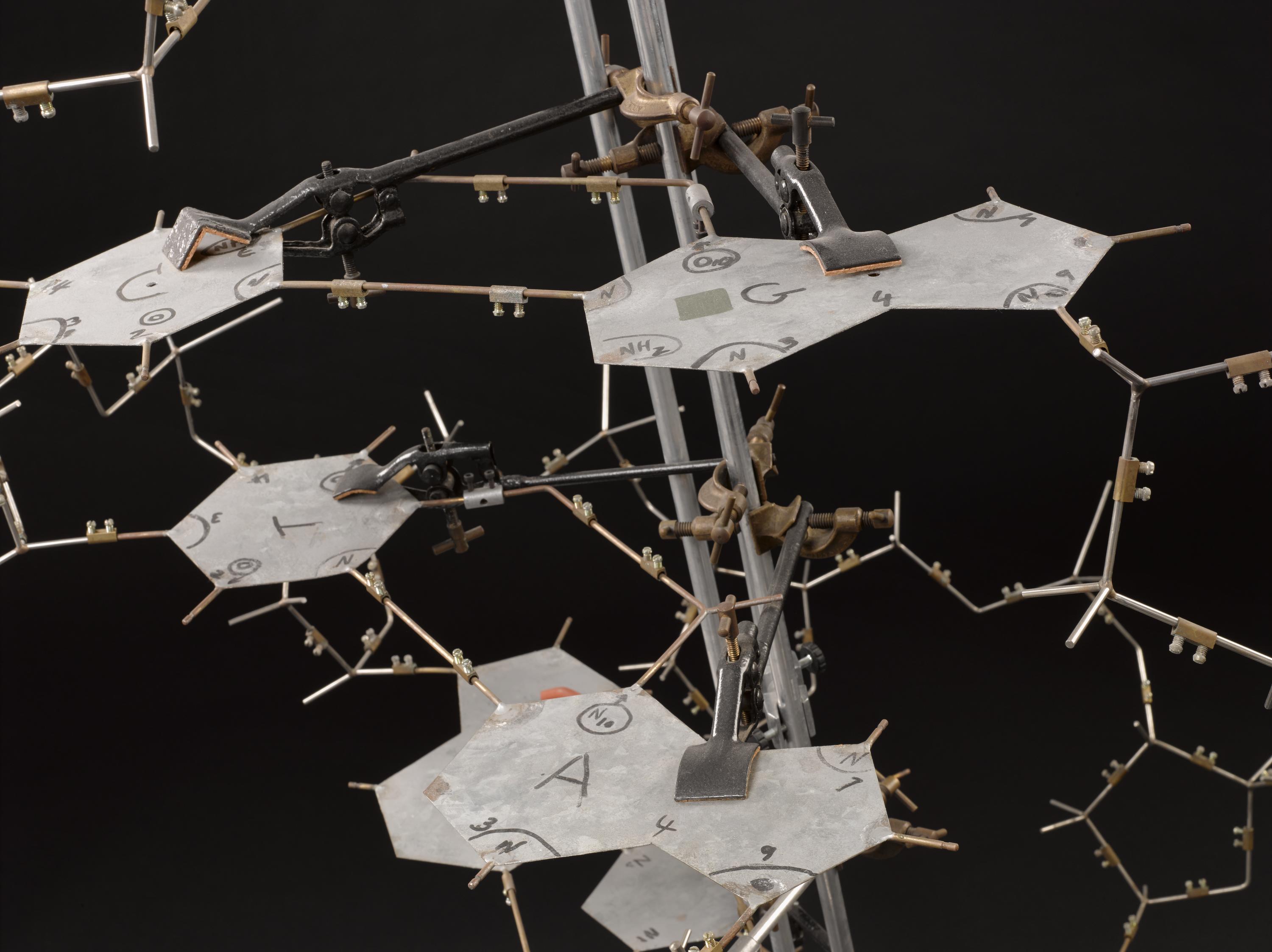A ‘no deal’ Brexit could be a disaster for British science if it stops researchers from accessing European programmes, the Chief Scientific Adviser to the UK Government told an audience at the Science Museum Lates on 28 November.
Dr Patrick Vallance was speaking at a special event organised jointly by the Museum and the Association of British Science Writers during one of his first public appearances since taking up his role in April.
Dr Vallance, who has had a distinguished career in medical research in academia and industry, began by outlining the key parts of his job before answering questions from Dr Roger Highfield, the Museum’s Director of External Affairs who chaired the event, as well as journalists and members of the public.

He said that his overall responsibility is ‘to give advice to the Prime Minister and Cabinet on all matters of science’, and included four main elements.
In providing ‘science for policy’, Dr Vallance’s main task is to lead the network of chief scientific advisers who operate inside most Government Departments.
He also looks after ‘science for resilience’ against threats such as natural disasters and other threats. He said that this aspect of his job had become ‘all-consuming’ at an early stage following the Novichok attack in Salisbury.
Dr Vallance also stressed the importance of ‘science for the economy’. He said: ‘The UK has been unbelievably good at research, basic research, and the ability to get publications out, and we punch well above our weight. We’ve been not bad at translating that research into economic benefit but there is absolutely room for improvement.’
Another key area for Dr Vallance’s work in 2019 will be ‘science for citizens’, focusing on the role of people as users, demanders and participants in science.

He also highlighted three areas of external influence on his role: Brexit, the formation of UK Research and Innovation (UKRI), and the Government’s Industrial Strategy. Dr Valance drew attention to the importance of the Government’s aim to increase funding for science from 1.7% of GDP today, which he admitted is ‘low by international standards’, to 2.4%, the current average for OECD countries, and eventually 3%.
On the implications of Brexit for science, Dr Vallance said: “The biggest general fear is the UK being seen as inward-looking and not open to collaboration. I mean that is an absolute disaster in science.
‘Science depends on the movement of individuals, it depends on ideas coming in it depends on diversity it depends on the ability to collaborate with people across the world, so any notion that comes out of this that somehow we are a parochial inward-looking science establishment is I think profoundly damaging.’
Dr Vallance noted that scientists in the UK have very close ties with their counterparts in other European countries and that the current system ‘works very well’. He warned: ‘A complete no-deal Brexit which leaves you with no access to European programmes is going to be very damaging.’
When asked about the significance of the recent announcement that a Chinese researcher had used gene editing technology on babies, Dr Vallance said: ‘It is very difficult to know how much of a set-back it is in terms of societal expectation and concerns’.
‘This is profoundly uncertain territory when one’s looking at modifying a gene, potentially in the germ line, so an inherited gene.’
He praised a recent report by the Nuffield Council on Bioethics which set two criteria for the acceptability of the editing of inheritable genes, namely that it should be in the interests of the welfare of the individual and that it should not have an impact on society such that it caused marginalisation or division. Dr Vallance said that the information from China suggested that this case ‘does not meet those criteria’.

He said: ‘It’s extremely premature to rush into this’. He added: ‘It is a pretty extreme experiment that is going to cause a lot of potential disruption to a field [gene editing] that has a lot of promise in other areas’.
In response to a question about the use of artificial intelligence (AI) in the National Health Service, Dr Vallance said that the goal should not be to reduce the contact that patients have with doctors. He said: ‘When one’s ill, you are at the most vulnerable position that you could ever be in in your life and the aim of AI should be to allow more human interaction. In other words it should free up time for people to be able to deal with the other aspects of healthcare that do require human interaction. I don’t think we should think of it as a replacement somehow.’
In response to further questions, Dr Vallance emphasized the potential for data visualisation to have a big impact on how government uses science, and referred to ‘a really brilliant article’ by the late Kofi Annan, former United Nations Secretary-General.
He also pointed to the importance of UK’s support for science overseas, and gave the example of the British Government and companies developing the vaccines to tackle an outbreak of Ebola in the Democratic Republic of Congo.
Listen to a recording of the event below:
